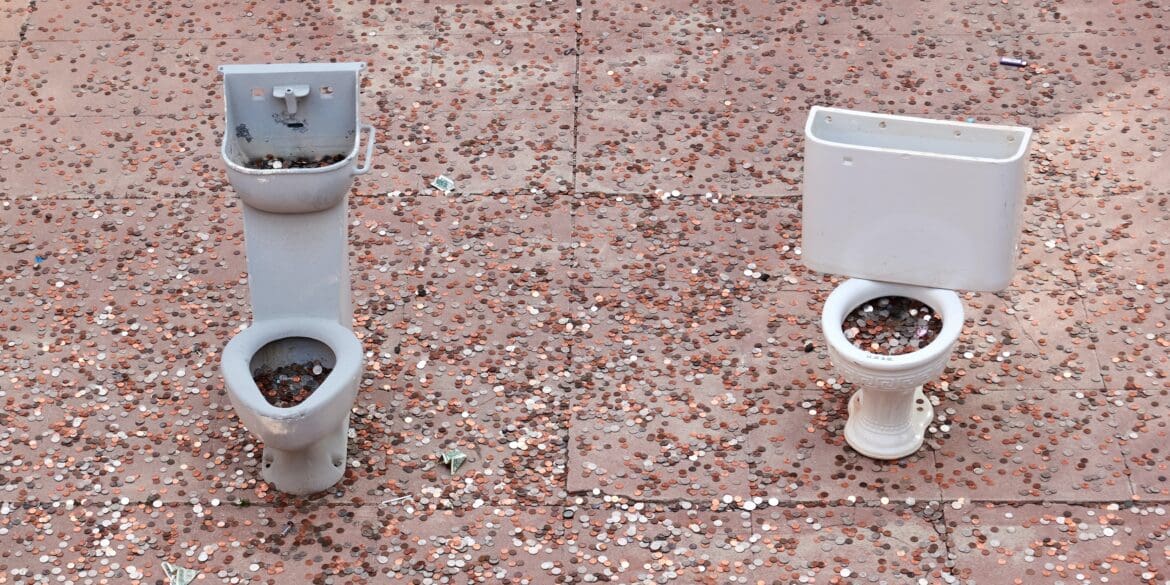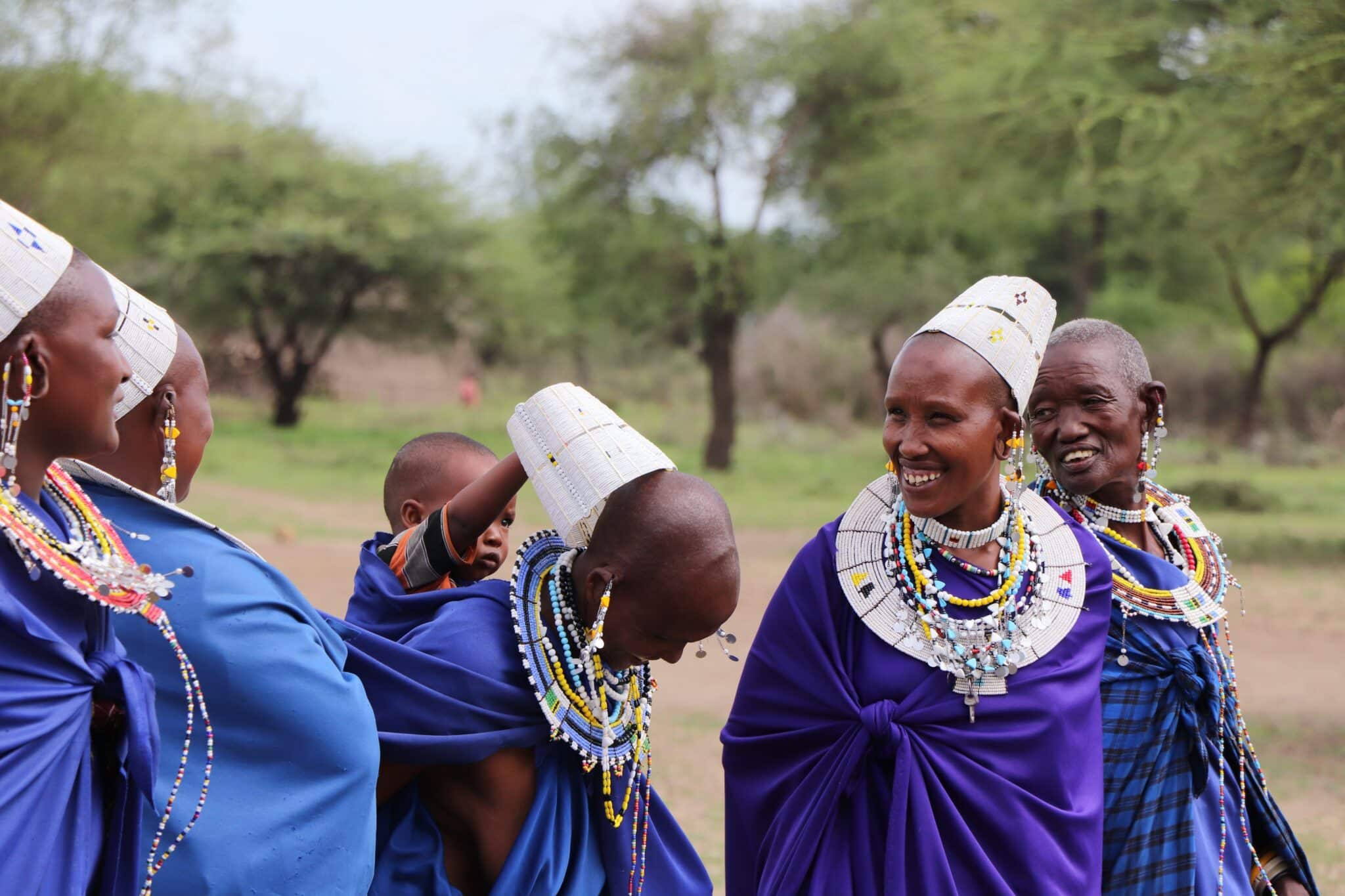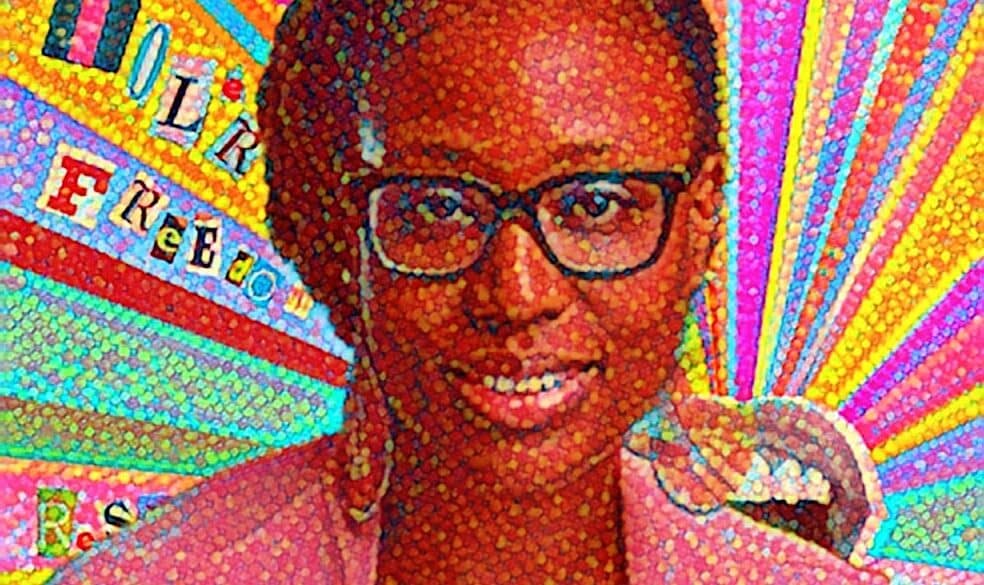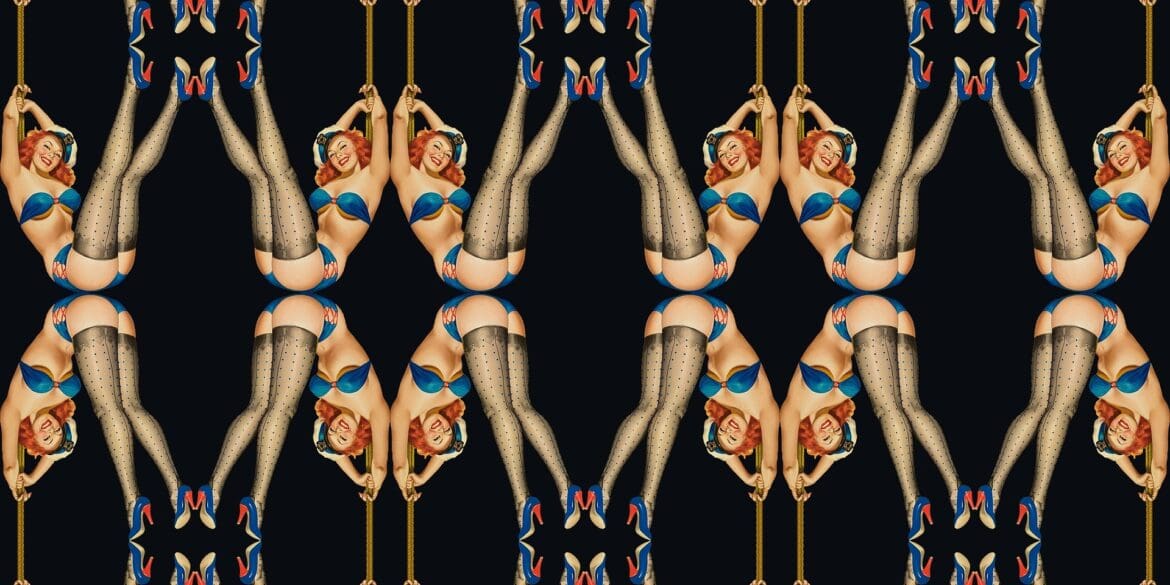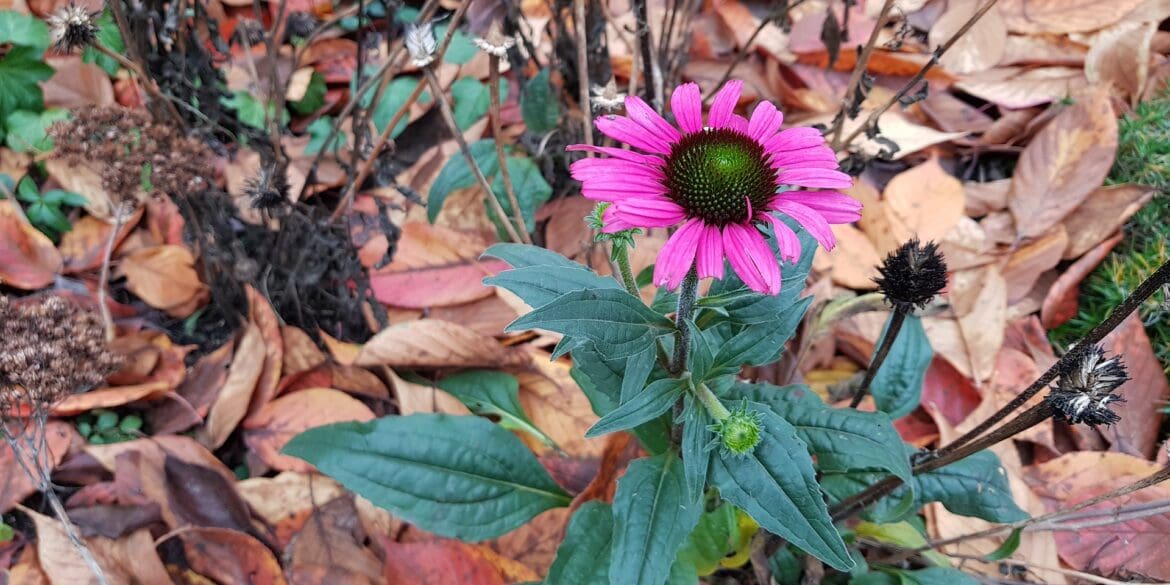"The words we use and how we say them are much more than sounds, they tell a story that gives us away, revealing a history about and behind us, a place and a people that we have come from."
Autoethnographic Writing
Whether short-form or long-form, personal memoir or speculative fiction, The AutoEthnographer seeks to publish your evocative expressions of the cultural made personal.
"In "Becoming Multilingual," part 2 of my column, "¡Aguacate! Bringing Up Bebe Bilingüe," I use autoethnography as a writing approach to capture and represent the personal experiences of myself, a qualitative researcher, who has become the researched."
What this essay tries to capture is both the wonder and the inherent horror in potty training.
Ethology is a highly fictionalized ethnographic account of my travels around Tanzania, East Africa during my teens.
I. Hate. Black. History. Month. And I’m hopeful, that in time, you will come to hate it too!
“Manslation” explores several episodes from the author’s childhood and early adulthood that show the development of his sexual literacy.
This lighthearted essay illustrates an experience I had in Singapore while doing research for a book I was writing about spirituality.
“blackwomanatwork” came out of my experiences working in academia as a first-generation immigrant black woman from the Caribbean.
"My Old Kentucky Homo," highlights my failure to assimilate into the community in which I still live, fourteen years later.
Tabitha Chilton and Gioia Chilton·
All ContentAutoethnographic EssaysCelebrating Dr. Patricia Leavy's Social Fiction 2024Special Issues
··23 min readLow-Fat Love Stories is the result of arts-based research on romantic, familial, and intrapsychic dissatisfying relationships, written by Patricia Leavy.
I channel Kincaid’s ironic and critical tone, while atoning for my failures to recognize dominant racist and classist discourses.
Jill Boyles·
All ContentAutoethnographic Art & MultimediaAutoethnographic Literary NonfictionVolume 4, Issue 2 (2024)
··4 min readA Private Life in Rural Idaho Challenges Living in Rural Areas Living a private life can be enticing. One way...




